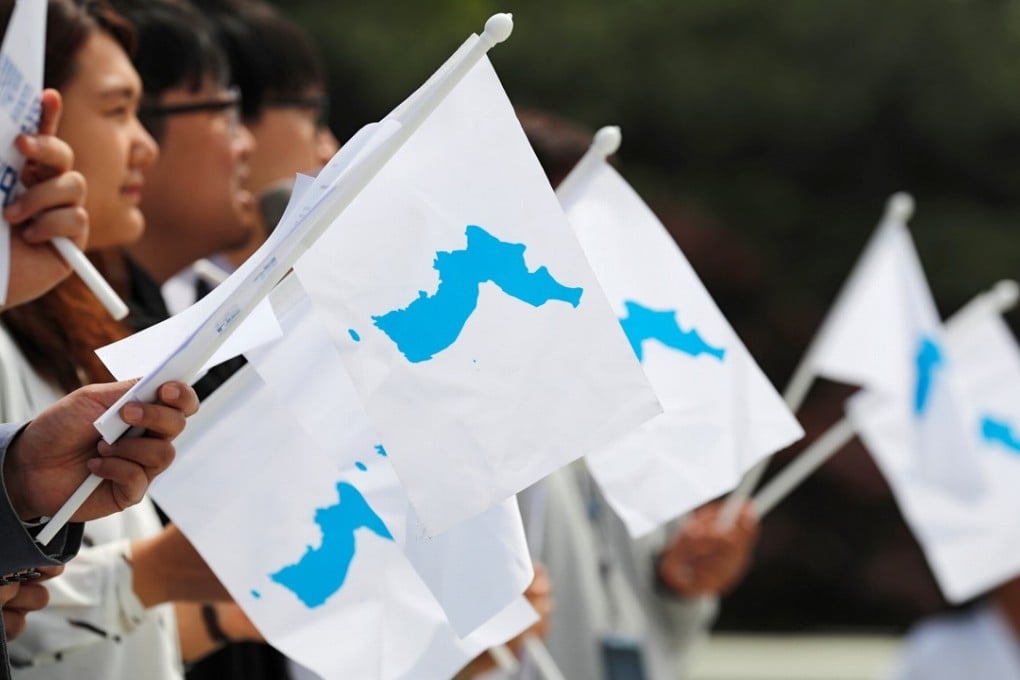China – not North Korea – is our biggest threat to peace, South Koreans say
Poll finds steep rise in those ranking China the most threatening country to inter-Korean peace, while 91 per cent believe it does not want reunification

China is the country presenting the biggest barrier to peace on the Korean peninsula, surpassing North Korea for the first time, according to a new poll of South Korean citizens.
In the survey, released on Tuesday by the Institute for Peace and Unification Studies (IPUS) at Seoul National University, 46 per cent of respondents viewed China as “the most threatening country to peace on the Korean peninsula”, a dramatic increase from 2016, when 17 per cent said China was the most threatening.
Only 33 per cent viewed North Korea as the country posing the biggest threat, well down on 64 per cent last year and the first time it had been eclipsed by China since the survey began in 2007, the institute said.
The poll of 1,200 men and women aged 19 to 74 was conducted by Gallup Korea between July 12 and August 3.
China “does not want inter-Korean reunification”, according to 91 per cent of respondents, compared with 90, 88 and 53 per cent for Japan, Russia and the United States respectively.